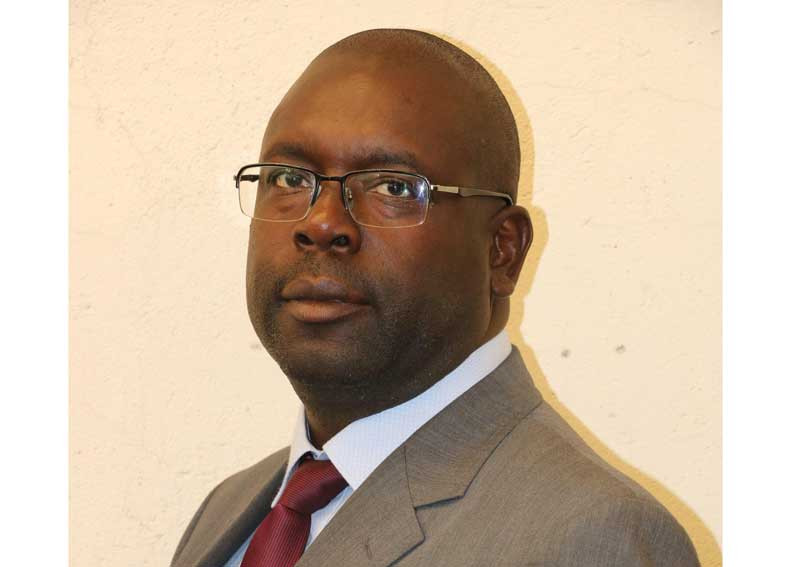
By Melody Chikono
G
OVERNMENT has revealed that it is making frantic efforts to intensify international re-engagements and restore relationships with correspondent banks which have now dwindled to just two.
Should the two banks leave, the government is concerned that this would make the country vulnerable to the increase in the cost of doing business and further weaken investor confidence amid heightened country risk.
A correspondent relationship relates to a rapport in which banking institutions receive deposits from, make payments on behalf of, or handle other financial transactions for another financial institution. Usually they are established through bilateral agreements between the two banks.
At its peak Zimbabwe had in excess of 105 correspondent banking relationships but several international banks cut off correspondent relationships with Zimbabwean banks as part of their de-risking strategies.
In an interview on the side-lines of the fourth edition of the Zimbabwe Debt Conference organised by African Forum and Network on Debt and Development and Zimbabwe Coalition on Debt and Development in Bulawayo last week deputy Finance minister Clemence Chiduwa blamed the sanctions imposed by the United States through the Zimbabwe Democracy and Economic Recovery Act (Zidera) of 2001 saying the main aim was to attack Zimbabwe’s financial system which has resulted in the severing of correspondent banking relationships.
“One strategy that was then used against us was to attack our financial systems. When your financial system is attacked you won’t do anything .So the move was meant to ensure that we don’t have access to intermediary banks and when you don’t have intermediary banks it increases the risk of doing business and the country risk becomes higher,” Chiduwa said.
- MPs revolt over fuel coupons
- Mutanda in shock CAPS exit plan
- MPs revolt over fuel coupons
- Mutanda in shock CAPS exit plan
Keep Reading
“When investors make decisions to go and invest in a country they consider such issues as high country risk. What has heavily negatively impacted on us is the high country risk which is coming from sanctions particularly in relation to Zidera and the taking of land which we have said is a done deal and there is no going back.”
Chiduwa said the country had more than 105 correspondent banks meaning that when one was sending money out of the country that money would go via an intermediary bank.
“As a country we are now left with only two correspondent banks and surely if we continue on that path where as a country we have limited intermediary banks this is a huge cost on our investors. If those two banks should then say we are leaving Zimbabwe or we don’t also have intermediary, then it means we are going to be left with nothing and this will affect business,” Chiduwa revealed.
This comes as the United States State Department recently warned that most correspondent banking relationships in the country were in jeopardy owing to international banks wanting to de-risk.
Although Chiduwa said he could not disclose the two banks, the International Trade Administration says that apart from Standard Chartered and FBC Bank, Zimbabwean banks no longer have direct correspondent banking relationships with the United States.
“Stanbic, Ecobank and Nedbank have indirect correspondent banking relationships through their foreign ownership structures,” the organisation said in its latest analysis.
But Standard Chartered early this year announced plans to exit the local market further threatening these relationships.
However Chiduwa said among other initiatives, government was now riding on facilities extended by European Investment Bank (EIB)
EIB extended a €40 million (US$48 million) facility to three Zimbabwean banks namely CABS, NMB Bank and First Capital Bank which is earmarked for on-lending to the private sector .
“If you check the pillar to do with Vision 2030 there is macroeconomic stability and financial re-engagement is in order to get more correspondent banks and to make sure that we keep those that we have. We have continued on a robust and aggressive path to make sure that we engage the international banking community,” Chiduwa said.
“We have been given facilities now by the European Investment Bank. This is a sign of confidence. So we continue to build confidence measures and these will again assist us to gain more correspondent banks.”










